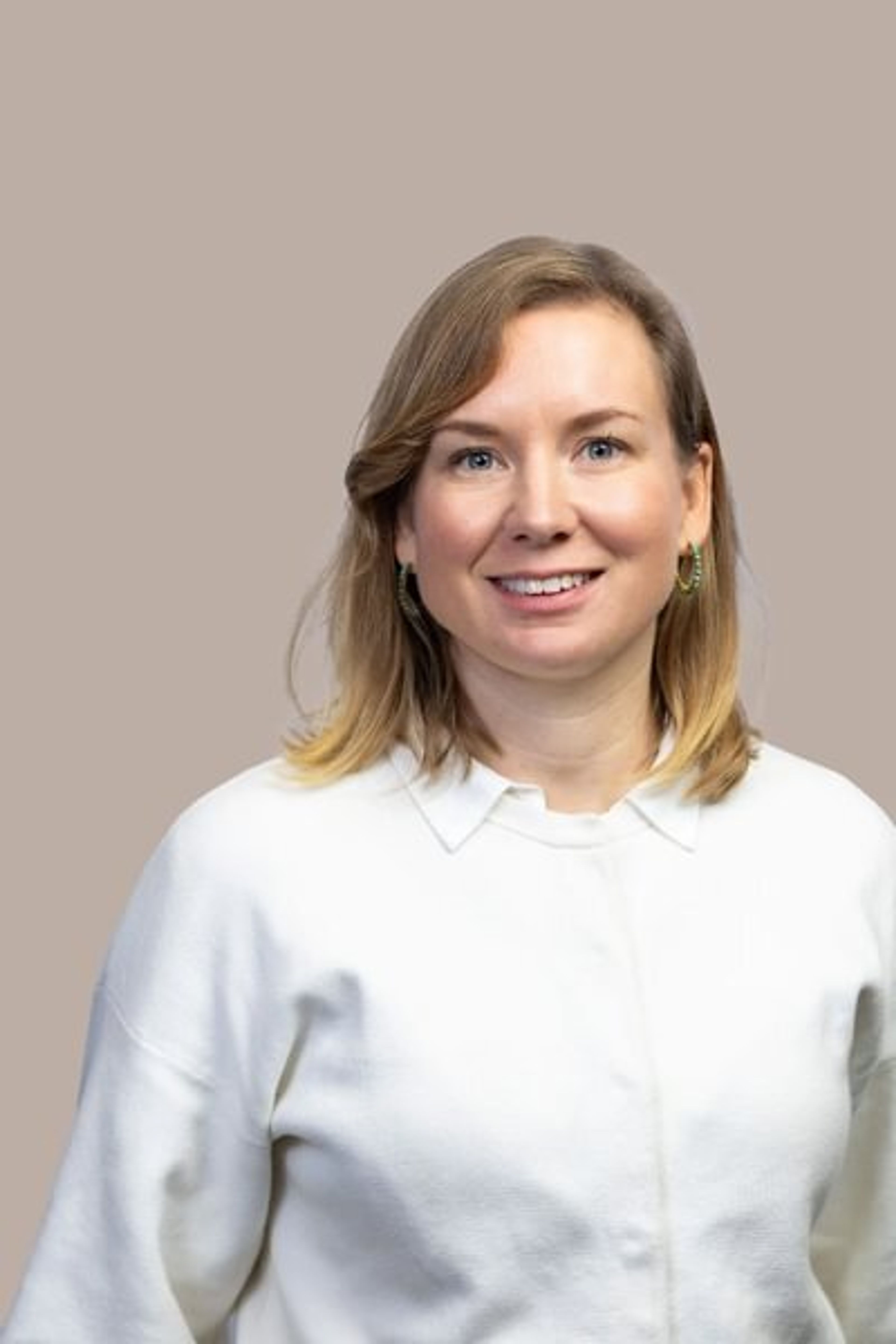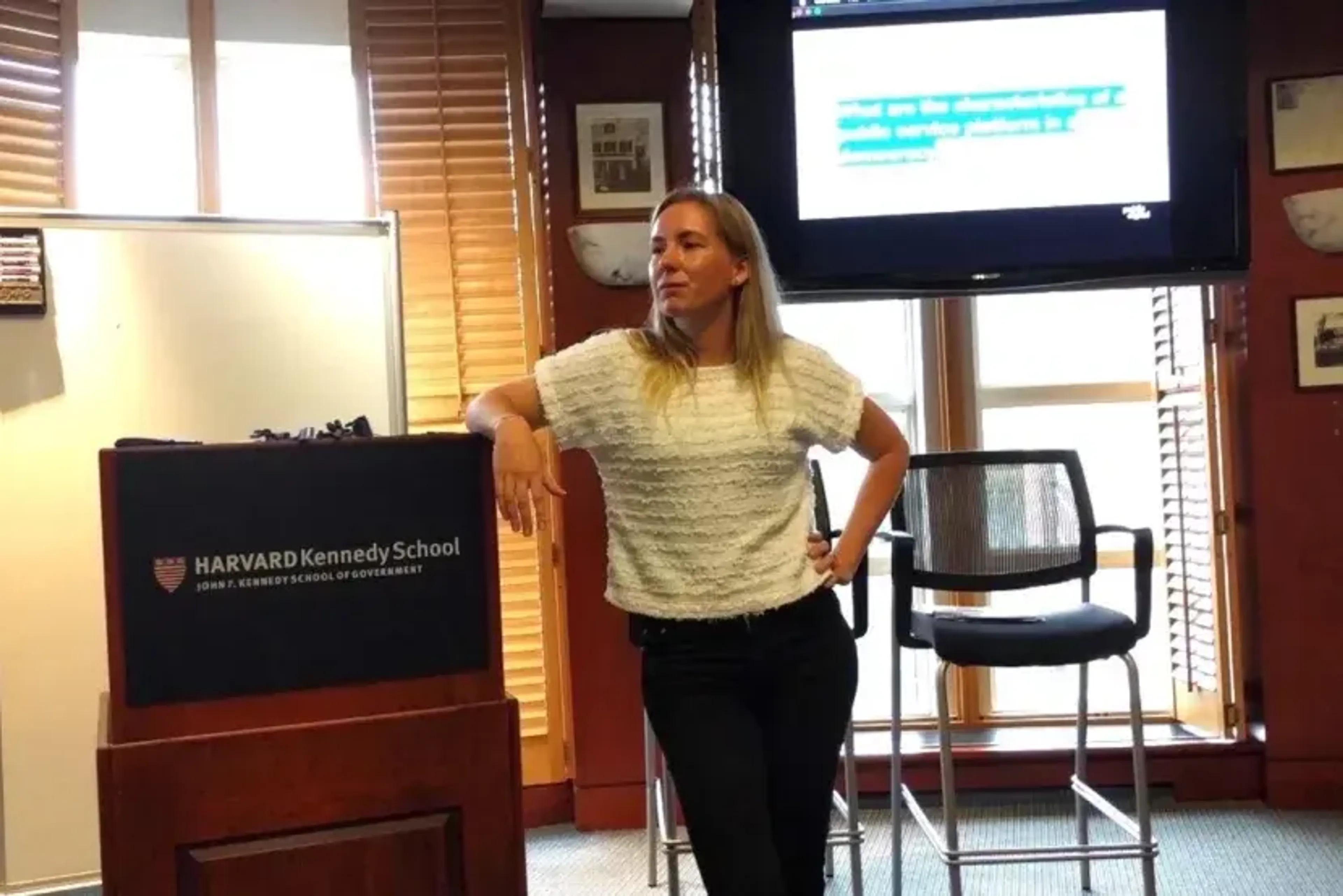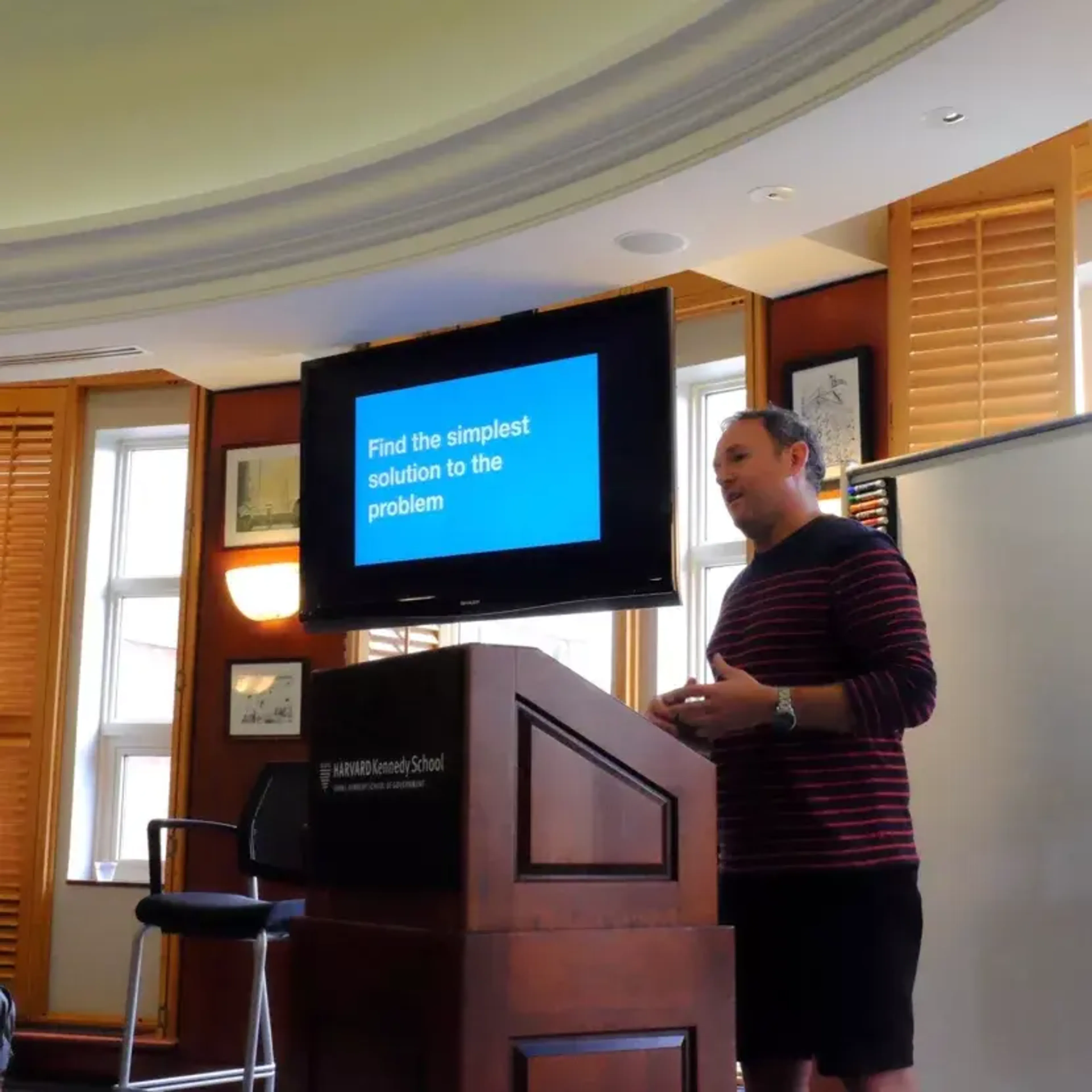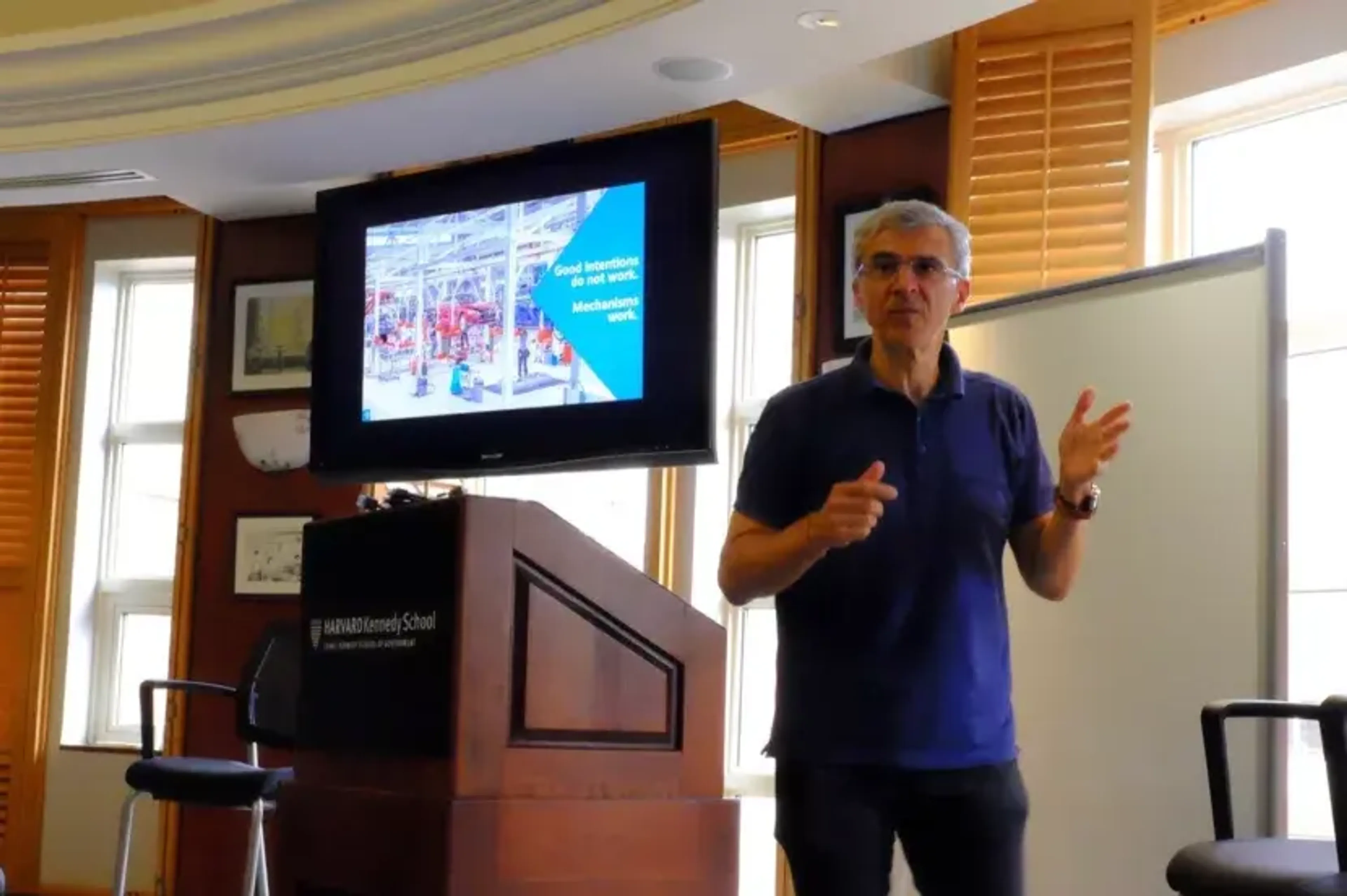
Emma Gawen
Managing Director

A few weeks ago, we co-hosted the second Digital Services Convening with our friends from the Harvard Kennedy School in Cambridge, USA.
As with last year’s event, the main aim was to gather together people who work in or with public sector digital teams from around the world, and encourage them to share what they’ve learned. Not just the success stories, but the failures and difficulties too. This is supposed to be a learning exercise for everyone.
There was a strong focus on platforms. There were some terrific presentations by the likes of Diego Piacentini, Pete Herlihy and Honey Dacanay, to name just a few. There were representatives of many governments, including from Bangladesh, Brazil, Peru, Argentina, Estonia, the USA, and the UK.

I ran a workshop based on the question: “If you want to build successful platforms in your country, what would you build, and how?”
Participants broke up into smaller groups to consider this from every angle. Not just the platforms themselves but the other things that are essential requirements: leadership, legislation, governance, finance, ethics, procurement, and so on. Digital transformation goes way, way beyond the technology.
While I can’t give away much of what was said on the day, you can get an excellent summary of what the group learned by reading Richard Pope’s superb article, A working definition of government as a platform, which pulls together 7 ways to frame it, the goal being to “make it a useful decision-making tool for civil servants”. Richard points out that these 7 framings don’t tell the whole story on their own, but they’re still a good starting point. He ends with a suggested definition, informed not just by the Harvard gathering but by several years of research:
“[Government as a platform means] reorganizing the work of government around a network of shared APIs and components, open-standards and canonical datasets, so that civil servants, businesses and others can deliver radically better services to the public, more safely, efficiently and accountably.”
An excellent starting point for future conversation.

This was our second Harvard event for the Convening, and only confirmed our view that it’s a tremendously positive and encouraging event. Not just because we get to meet old friends and make new ones from all over the world (although that is a wonderful benefit), but because it helps all attendees share the load a little.
You don’t leave Harvard knowing that all your problems are solved; but you do leave knowing some other people, from some other governments, are there in spirit and on the internet while you carry on solving them with your team. And that’s a good thing.
Our thanks, as before, to David Eaves and Vanessa Rhinesmith for planning and running the event with us. We’re already looking forward to the next one.

Managing Director